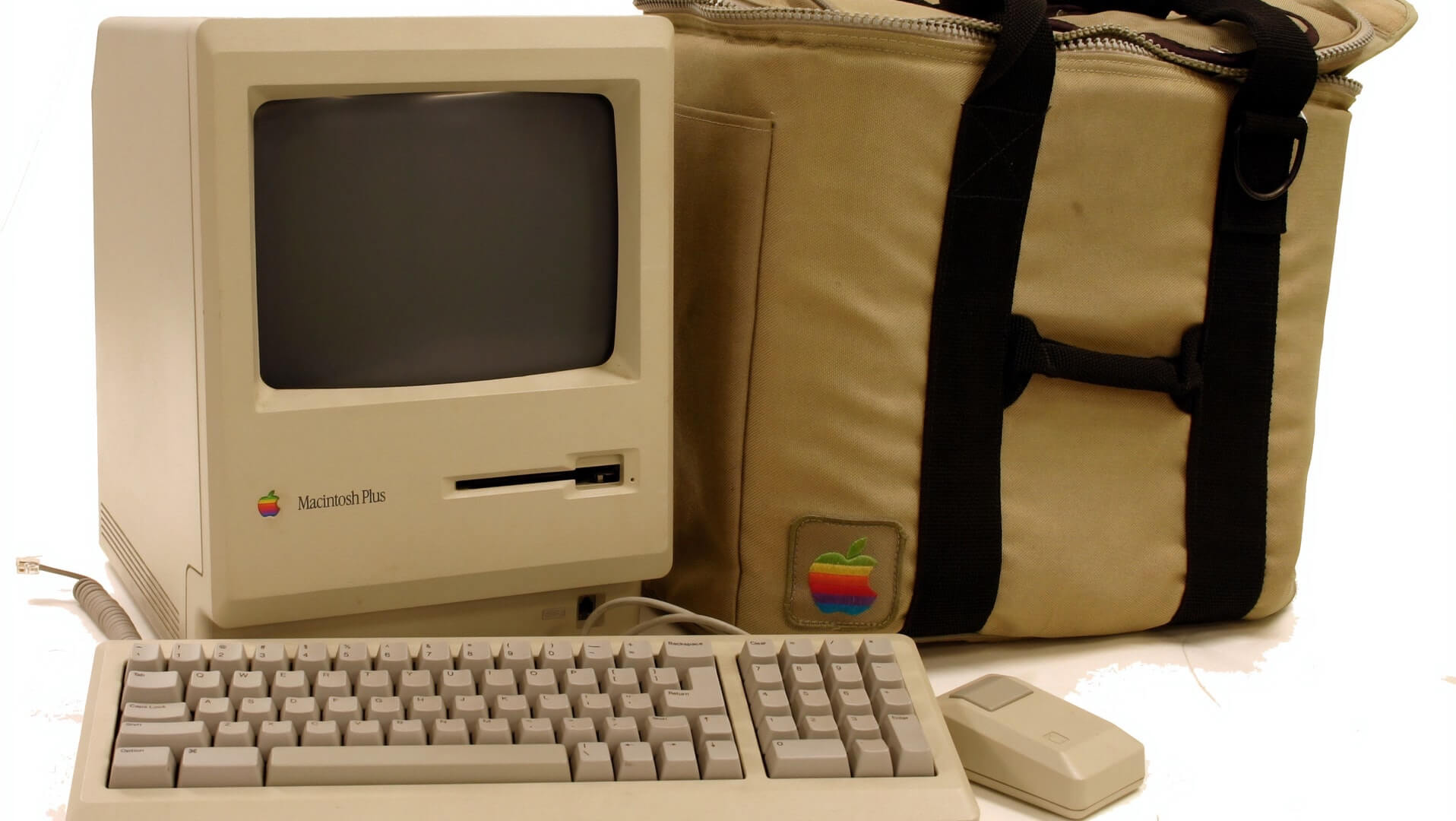If you’re at all interested in tech, you’ve probably already heard about the new Macs that were launched this week with Apple’s new in-house chip, the M1.
Despite using the same chip, these new models bring some promising increases in Apple’s portable and small desktop computer models.
Here’s what you should know if you’re in the market for a new Mac.
The New Models/M1 Chip
On Tuesday Apple announced three “new” models featuring their new Apple Silicon chips:
All these models are running the same basic chip – the Apple Silicon M1 chip.
Not a lot was shared by Apple about the specifications of the chip itself, although we do know that the M1 on the least-expensive Macbook Air variant will only have 7 GPU cores (all other models have 8).
Other facts that we know about the M1 – it’s an 8-core CPU (4 high-performance, 4-low power), a 7- or 8-core GPU (depending on model), and a 16-core Neural Engine for machine learning tasks.
Other than that, not much is known about the specific clock speeds of the chip or which new Macs will get with processor.
However, the we can tell a little bit about the probable performance based on the different device designs.
Macbook Air = Better iPad Pro
The Macbook Air is, like its name suggests, going to be the thinnest and lightest in the Macbook line.
As such, it has no fan. All the cooling is passive, similar to how all iPads and iPhones (and other tablets/smartphones) work.
This means that while it will probably do very well in short bursts, it will likely have the “poorest” performance (of these three devices) in applications that need sustained performance.
According to Apple’s own numbers it will not only have increased performance over the Intel-powered Macbook Airs that are on sale right now, but also much longer battery life.
The Macbook Air starts at $999.
Macbook Pro = A Fan Favorite
The Macbook Pro is the same width and depth as the Macbook Air, but a little thicker, since its design includes a fan for active cooling.
It’s not known (at least to me) if the increased cooling ability lets the M1 run at a higher clock speed, or just run for longer before it becomes thermally-throttled, but it does seem like this version of the M1 runs noticeably faster than the Macbook Air’s M1.
Like the Macbook Air, the new Macbook Pro also has a significantly longer battery life than the Intel-powered Macbook Pro 13-inch (and a bit longer than the new Macbook Air).
The 13-inch Macbook Pro starts at $1,299.
Mac Mini = Faster & Cheaper(?)
The Mac Mini might stand to gain the most performance of these three models, since by its very nature it doesn’t have to worry about power draw nearly as much as the two laptops.
Like the other two models, the outward appearance of the Mac Mini hasn’t really changed at all, although there are fewer I/O ports (only two Thunderbolt/USB 4 ports instead of the 4 Thunderbolt/USB 3 on the Intel version and no 10-Gigabit ethernet option).
This model may get closest to showing the outer-limits of the current M1’s performance, though, since the Mac Mini was already well-situated for cooling the much less-efficient (and therefore hotter) Intel chips.
In a surprise move, Apple has also lowered the initial cost of the Mac Mini by $100. The new M1-powered Mac Mini starts at $699.
More Information
Here are some additional resources if you want an even deeper dive.
The Anandtech writeup of the M1/A14 processor is fascinating. I don’t understand a lot of the specifics, but the numerous charts show how the A14 against other desktop-class processors. Since the M1 is based on the A14, this gives us a good idea of what to expect performance-wise.
A much less technical (but easier-to-follow) writeup about the M1 processor can be found over at MacStores.net. This doesn’t go into nearly as much depth, but it’s also a lot easier to understand!


Leave a Reply
You must be logged in to post a comment.